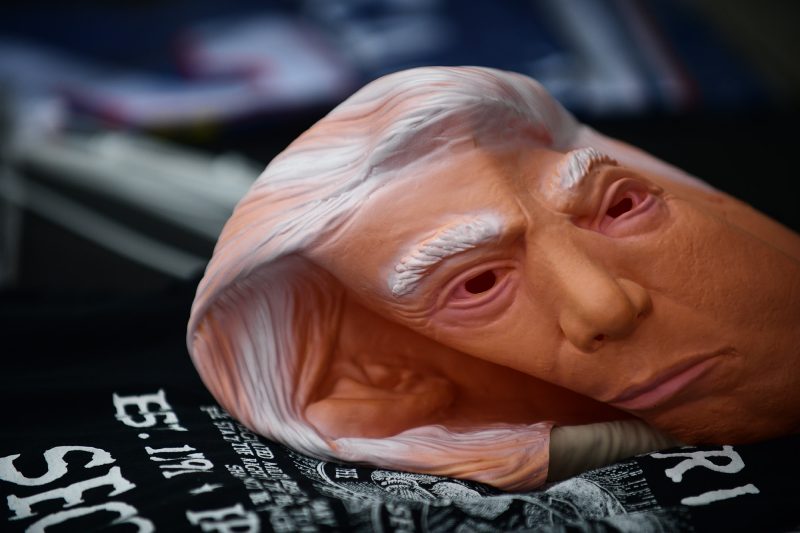In a recent turn of events, former President Donald Trump once again attempted to divert attention from allegations of election interference by portraying himself as the victim of a vast conspiracy. In a classic case of deflection, Trump claimed that the accusations against him were merely an attempt to undermine his legitimacy and tarnish his reputation. However, a closer examination of the facts reveals a different story.
One key point to consider is the extensive evidence that has been uncovered regarding potential election interference during the 2016 presidential campaign. Multiple intelligence agencies concluded that Russia had actively meddled in the election through tactics such as spreading disinformation, hacking into political organizations, and conducting social media manipulation. This interference was not aimed solely at one candidate but rather at sowing chaos and discord within the American political system.
Despite these findings, Trump has consistently downplayed the seriousness of Russia’s actions and has even cast doubt on the intelligence community’s conclusions. By framing himself as the victim of unfair scrutiny, Trump conveniently sidesteps accountability for any potential links between his campaign and foreign interference efforts. This tactic not only deflects attention away from the core issue but also undermines public confidence in the integrity of the electoral process.
Moreover, Trump’s repeated claims of victimhood serve to rally his base of supporters around a narrative of persecution and injustice. By positioning himself as a target of a witch hunt orchestrated by his political opponents, Trump seeks to solidify his support base and insulate himself from criticism. This strategy may be effective in the short term, as it taps into existing grievances and galvanizes his core followers behind a common cause.
However, the long-term implications of Trump’s victim narrative are more concerning. By casting doubt on the legitimacy of the electoral process and undermining faith in democratic institutions, Trump’s tactics risk eroding the very foundations of American democracy. If citizens come to believe that their votes are not counted fairly or that the system is rigged against them, the consequences for social cohesion and political stability could be severe.
In conclusion, Trump’s transparent attempt to play the victim on allegations of election interference is a dangerous tactic that threatens to undermine the integrity of the democratic process. By deflecting attention from the real issues at hand and casting doubt on the credibility of investigative findings, Trump is sowing seeds of doubt and division that may have lasting repercussions. As the country continues to grapple with the fallout from past interference efforts, it is more important than ever to uphold the principles of transparency, accountability, and democratic governance.
